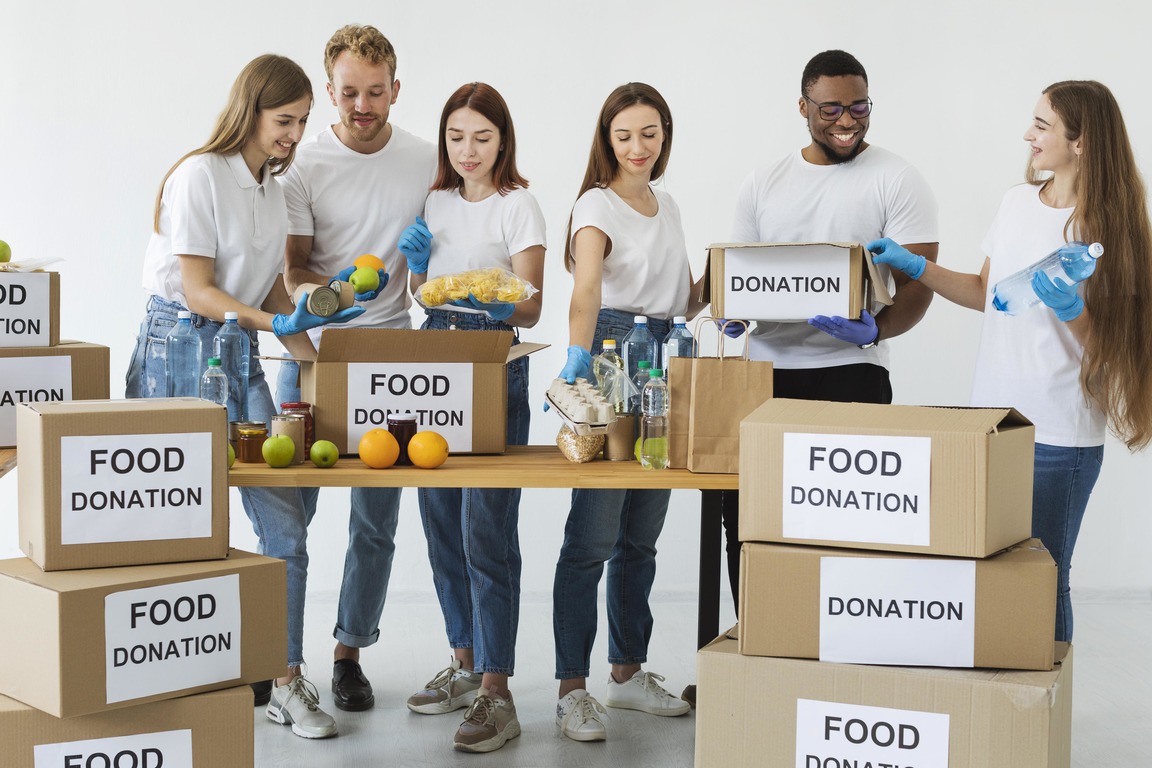
Food Donation 101: A Guide to Giving Surplus Food to Those in Need
In Singapore, a city where food is an integral part of the culture. the issue of food waste is increasingly prominent. With a strong focus on reducing Singapore food waste. Donating surplus food has become a vital component of this effort. This guide shows how people and businesses in Singapore can give extra food to those who need it. Which will make sure no good food is wasted.
Understanding Food Waste in Singapore
The first step in effective food donation is understanding the extent of food waste. In Singapore, a significant amount of food is discarded daily. Much of which is still edible and nutritious. This not only impacts the environment. But also represents a lost opportunity to help those in need. It’s not just about waste; it’s about missed opportunities for nourishment.
Understanding how important it is to save and donate food in Singapore. It will inspire more people and businesses to join in and help cut down on food waste. It’s not just awareness; it’s a call to action.
Identifying Surplus Food
Identifying surplus food suitable for donation is crucial. Look for food that is still in good condition, nutritious, and within its expiry date. In Singapore, where diverse cuisines are available, there’s a wide variety of food that can be donated. From fresh fruits and veggies to canned foods and dry pasta. There’s always something that can be spared. It’s not just about excess food; it’s about identifying viable donation options.
Remember, safety is key. Ensure that the food has been stored properly and has not been contaminated. In Singapore's warm weather, storing food right is key to stop it from going bad fast. It’s not just donation; it’s responsible giving.
Partnering with Food Rescue Organizations
In Singapore, many groups focus on saving food and giving it to people who need it. Working with these groups makes donating food simpler and better. They have what's needed to make sure your food helps the right folks. It’s not just donating; it’s connecting with the right channels.
These groups give clear rules on the kinds of food they take and the right way to pack and deliver it. This makes sure your donation is helpful and can be given out well. It’s not just contribution; it’s compliance with best practices.
Logistics of Food Donation
Consider the logistics of your food donation. If you are an individual donor. This may involve delivering the food to a designated drop-off point. For businesses, especially those in the F&B industry in Singapore. This could mean arranging for regular pickups by a food rescue organization. It’s not just giving away food; it’s planning its journey.
Ensure that the food is transported in a safe and hygienic manner. This is especially important in Singapore’s hot and humid climate. As it can affect the quality and safety of the food. It’s not just transport; it’s careful handling.
Raising Awareness and Encouraging Others
By participating in food donation. You can also play a role in raising awareness about food waste in Singapore. Share your experiences and encourage others to get involved. It’s not just about your actions; it’s about inspiring others.
Businesses can use their platforms to educate customers about their food donation efforts. Which demonstrates a commitment to reducing food waste and supporting the community. It’s not just corporate responsibility; it’s community leadership.
Making a Difference
Food donation is a simple yet powerful way to address the issue of food waste in Singapore. It not only helps in reducing the environmental impact of waste. But also provides a means to support those in need. Whether you are an individual or a business. Your contributions can make a significant difference. It’s more than just getting rid of surplus food; it’s about feeding hope and nourishing communities.
